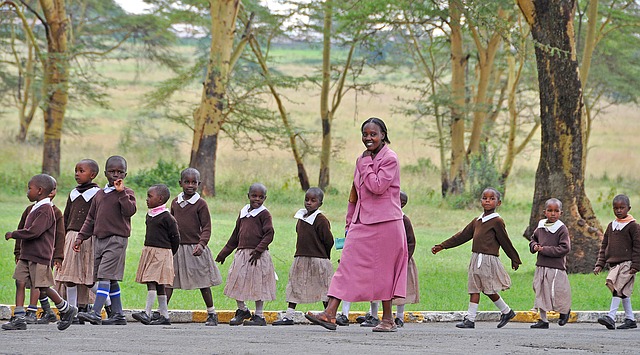Over the years, African countries such as Kenya and South Africa have made many reforms and amendments in their education policy to ensure that higher education remains available for all genders. However, the total representation of women in higher education still remains abysmal.
According to the law, both countries have ensured that education is a right for everyone irrespective of gender. But it was found that women still find it hard to make it to higher education. Even if they do, it is not easy for them to succeed in STEM derived degrees.
Despite having a framework equivalent to developed countries, Kenya and South Africa have individually failed to register women in higher education, especially women coming from marginalized backgrounds. Black women relatively find it much more difficult to access education than other women.
Women in Higher Education – Kenya
No doubt that the situation has improved a lot since the 90s, especially after the government reforms were made. However, the government has paid very little attention to implementing those policies.
As per the records of the Kenyan Education Ministry, 85% of the students went from primary to secondary school. Further, just 30% of the students went from secondary school to higher education, of which two-thirds were men. Girls are more likely to drop out of school due to common problems like safety issues, poverty, and the cost of education.
Women in Higher Education – South Africa
South Africa poses a similar problem for women as far as higher education is concerned. A little improvement was seen after 1994, after a series of major reforms in the government laws. Before this, the proportion of black students was just 9%.
Because of the apartheid system, women of the marginalized communities moved farther away from basic rights like education. Luckily, the scenario is now changing but a lot of work is still left to be done.
The governments of both countries need to tackle the issue as soon as possible. To begin with, the government should strictly enforce gender equality laws in the country. Universities in the US are threatened to face a cut in their funding if their student batch is not diverse enough. A similar law can be made to ensure that higher education institutes encourage women in higher education.
But something is needed to be done very quickly. Women’s participation in education is very crucial for the economy, especially for developing countries. It is only possible when all the stakeholders in education- the government, NGOs for women’s rights and education, and the higher education institutes come and work together with a common goal.
Featured image by Pixabay.







